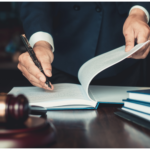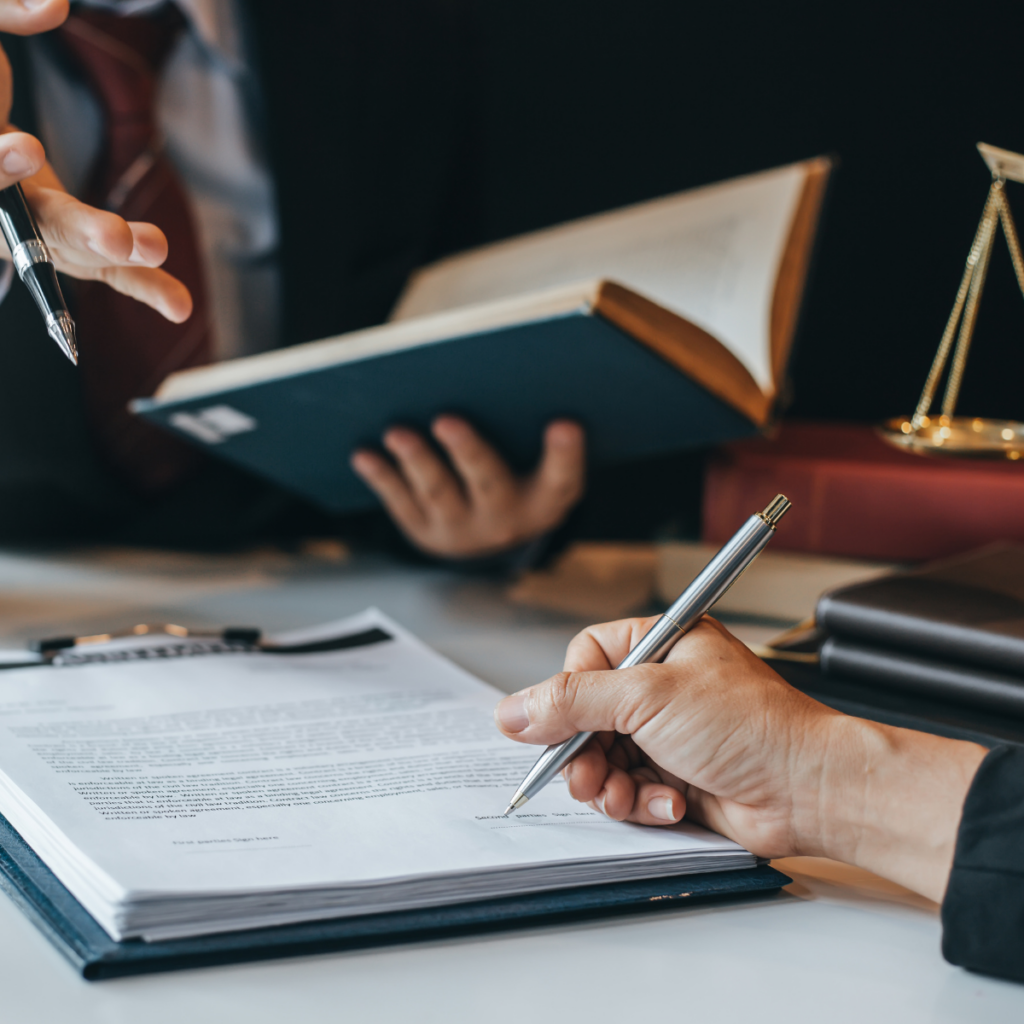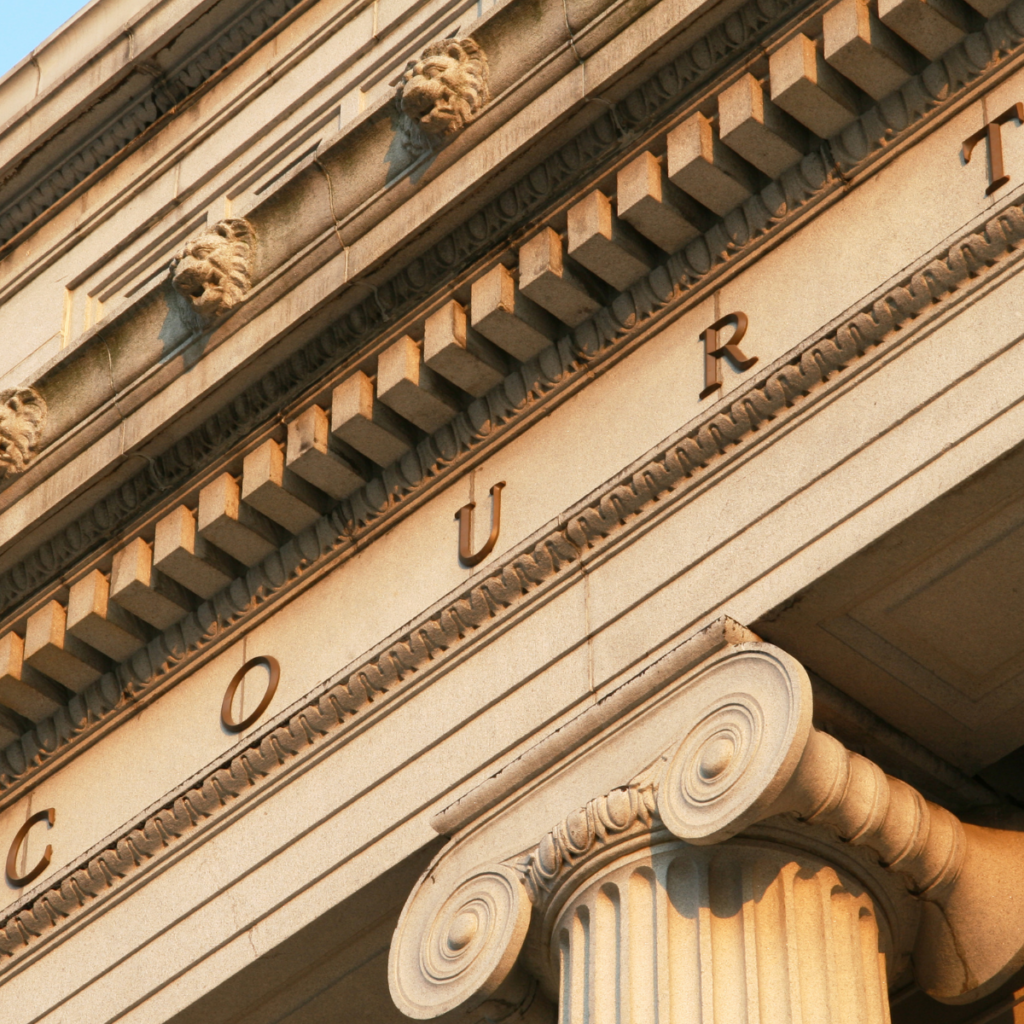Shree Atulya Realty, LLC. v. Santos, Not Reported in Atl. Rptr., 2024 WL 607736 (N.J. Sup. Ct., 2024).
Does a plaintiff need to rely on an expert witness report in order to succeed in a legal malpractice claim? As is the answer to many legal questions, the clearest guidance courts can provide is – probably, but it depends.
What is an “expert report”?
Put simply, an expert report is a written report prepared by an expert witness. A witness is qualified as an ‘expert’ based on their knowledge, skill, experience, training or education. A person from almost any professional field may be qualified as an expert witness when relevant to the litigation, some examples are – mechanical engineers, forensic experts, decomposition experts, aviation engineers, and car accident reconstruction specialists. An expert witness is able to testify to many things in their realm of expertise that a layperson would be unable to bring to court.
One thing that is similar across the testimony of expert witnesses is that you can expect a large portion of the testimony to be spent reviewing the witness’s credentials, experience, education, and/or technical training. After the attorney or litigant questioning the expert has spent a sufficient time establishing the basis for his or her knowledge – that attorney or litigant will ask the court to designate the witness as an ‘expert’. If such a designation is applied, this gives significant weight to the expert’s testimony, which often can only be rebutted by another expert.
Why are expert reports relevant to legal malpractice claims?
The legal landscape has evolved to intertwine legal malpractice claims and expert reports because of the nature of legal malpractice litigation. To bring a successful legal malpractice claim – a plaintiff must establish 1) the existence of an attorney-client relationship, creating the ‘duty of care’, 2) the breach of that duty by the defendant-attorney, and 3) proximate causation of the damages claimed by plaintiff. A plaintiff must also establish that the underlying litigation would have been resolved differently (and in their favor) without such legal malpractice.
What is required by the ‘duty of care’ owed by attorneys to clients has been a well-developed area of law over the last century. It is not clear cut – the duty and its requirements are highly dependent on the facts of the plaintiff’s situation and purpose of the litigation.
It is understandable that an attorney with a great number of years in practice would better be able to establish a breach of this duty of care, rather than a litigant who has very little legal experience. Also, to establish that the underlying litigation would have ended in a different result requires a deep understanding of the different available avenues and the likelihood of other resolutions.
When does a plaintiff need to rely on an expert report to succeed in a legal malpractice case?
In general – expert testimony and a correlated expert report is required to succeed in a legal malpractice case. The two known exceptions exist when 1) the duty of care owed to a client is so basic that it may be determined by the court as a matter of law and 2) when the facts of the case are such that a layperson’s common knowledge is sufficient to permit a finding that the duty of care has been breached.
For example, if an attorney takes a client’s retainer then fails to show up for any subsequent court appearances on the case and otherwise fails to respond to the client’s communications – the breach of the duty of care owed to the client is so obvious that a court can determine this a matter of law. Further, if the facts show that the attorney was drunk at trial and his intoxication prevented him from preserving issues for appeal – you do not need an expert to explain to the court that when a professional shows up for work under the influence, it is more likely than not that any duty of care owed to that client was breached. A layperson’s common knowledge can establish a breach in this situation.
However, it is the rare legal malpractice case which involves such egregious misconduct. Most cases involve intricacies which are not as clear cut and the court will not make these determinations on its own without expert testimony to rely on.
So if you plan to bring a legal malpractice case, be prepared to spend the time and money to secure an expert report to bolster your case!
Legal Disclaimer: The information on this blog is for general informational purposes only and does not constitute legal advice. It is based on current legal standards but does not create an attorney-client relationship. For advice specific to your situation, consult a qualified attorney.
The views expressed are those of the individual authors and do not reflect those of any affiliated organizations or a single Katz Law Firm lawyer or agent. The accuracy and applicability of the information may vary. The blog owner and authors assume no liability for actions taken based on this content. Always seek professional legal counsel before making any legal decisions.



















